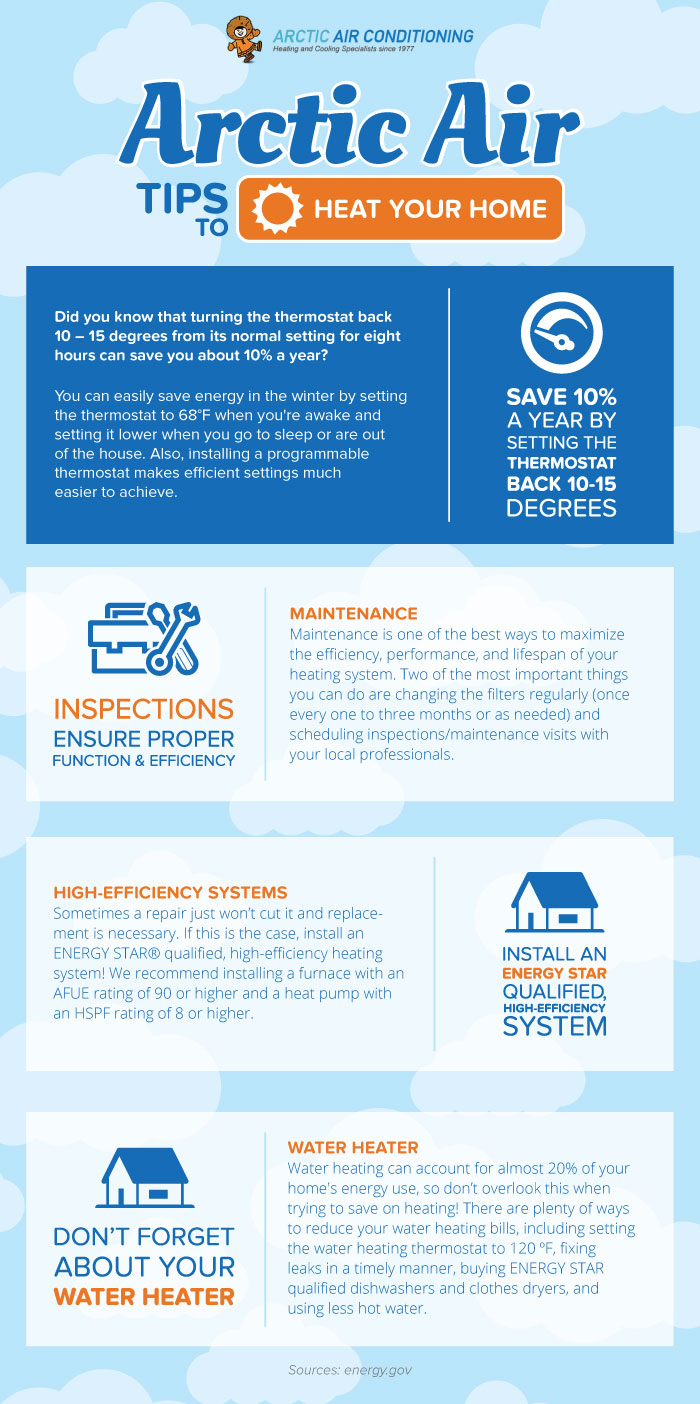Discover Just How To Optimize The Effectiveness And Life-Span Of Your Heatpump System By Avoiding Conventional Setup Errors
Discover Just How To Optimize The Effectiveness And Life-Span Of Your Heatpump System By Avoiding Conventional Setup Errors
Blog Article
Material By-McDougall Morris
When installing a heatpump, you should avoid usual mistakes that can endanger its performance. Overlooking proper sizing might result in inefficiencies and higher utility costs. Disregarding insulation and securing can cause energy wastefulness and pressure on the system. Additionally, positioning the outside unit inaccurately might influence its performance. By staying clear of these mistakes, you can ensure optimal working and durability of your heatpump system.
Improper Sizing of Heatpump
When it involves the setup of heatpump, among the most typical errors is poorly sizing the device for your room. Making certain the appropriate dimension is important for ideal performance. If the heatpump is as well tiny, it will struggle to warm or cool your room successfully, bring about raised power costs and possible wear and tear on the device.
On the other hand, if the heat pump is as well big, it will certainly cycle on and off frequently, causing temperature level changes and reducing its life expectancy.
To avoid this blunder, it's vital to have a professional analyze your area and suggest the appropriate size of the heatpump based upon elements like square video footage, insulation, ceiling elevation, and regional environment. By investing just click the up coming website and initiative to ensure the proper sizing, you can appreciate a comfy setting while making best use of energy efficiency and extending the lifespan of your heatpump.
Inadequate Insulation and Sealing
To guarantee the efficient procedure of your heatpump, it's critical to address poor insulation and sealing in your space. Correct insulation helps keep a regular temperature level inside your home, decreasing the work on your heatpump. Inadequate insulation can result in energy loss, making your heatpump work harder and less efficiently.
Sealing any type of spaces or leakages in your area is similarly vital. https://louishbwpk.eedblog.com/31268167/signals-that-your-heatpump-calls-for-maintenance-important-red-flags-to-watch-on allow conditioned air to leave and outside air to leak in, compeling your heat pump to compensate for the temperature level fluctuations.
Incorrect Placement of Outdoor Device
Dealing with the positioning of your heatpump's exterior system is vital to optimizing its efficiency. Mounting the outside unit in a wrong area can cause effectiveness concerns and possible damages to the device.
One typical error to prevent is putting the outdoor system also near a wall surface or various other structures. This can limit air flow, triggering the system to function harder to warm or cool your space, eventually decreasing its performance and life expectancy.
One more error to avoid is positioning the exterior device in direct sunlight. While some sunshine is unavoidable, too much exposure can bring about overheating, especially throughout hot summer days. It's finest to position the outside unit in a shaded location to help keep its ideal operating temperature.
Furthermore, make certain that the outdoor unit is put on a stable and degree surface. Irregular ground can cause vibrations and unnecessary stress on the unit, impacting its efficiency over time.
Conclusion
To conclude, avoiding usual errors during heatpump installation is essential for optimizing efficiency and longevity of your system. By guaranteeing correct sizing, adequate insulation, sealing, and appropriate positioning of the exterior unit, you can protect against concerns such as inadequacies, increased energy bills, and stress on the device. Making the effort to address these vital elements will eventually conserve you time and money in the future.
